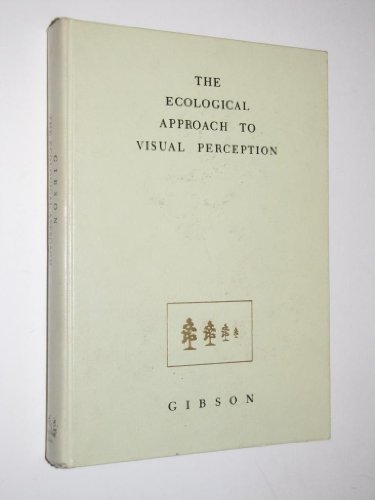This series of volumes is dedicated to furthering the development of psychology as a branch of ecological science. In its broadest sense, ecology is a multidisciplinary approach to the study of living systems, their environments, and the reciprocity that has evolved between the two. Ecological science traditionally emphasizes the study of the biological bases of the energy transactions between animals and their physical environments across cellular, organism, and population scales. Ecological psychology complements this focus by proposing that we also study the information transaction between living systems and their environments, especially as they pertain to the perceived significance of environmental situations for the planning and execution of purposive behaviors, including those of a social, scientific, or artistic nature.
The late James J. Gibson coined the term 'ecological psychology' to emphasize his belief that more traditional psychologies of the "mind" or of "behavior" were to narrowly conceived : Mentalism, by its belief in the subjective origins of concepts, tends to divorce the "thinking" animal from environmental sources of constraint. Similarly, behaviorism, with its over-reliance on habits to explain behavior, tends to trivialize the relation of the acting animal to its perceptual world. Ecological psychology, on the other hand, recognizes the co evolution of animals and their environments, and pursues a doctrine of animal-environment reciprocity as its guiding principle. Including work from disciplines other than psychology, this series provides a variety of factual, methodological, and theoretical resources for those who wish to advance the development of psychology as a branch of ecological science. Titles in the series include :
- Reasons for Realism : Selected Essays of James J. Gibson Edited by Edward S. Reed & Rebecca K. Jones
- Persistence and Change : Proceedings from the First International Conference on Event Perception Edited by William H. Warren & Robert H. Shaw
- Issues in the Ecological Study of Learning Edited by Timothy D. Johnston & Alexandra T. Pietrewicz
- Event Condition : An Ecological Perspective Edited by Vicki McCabe & Gerald Balzano
- Information, Natural Law, and the Self-Assembly Of Rhythmic Movement (in press) by Peter Kugler & Michael T. Turvey
